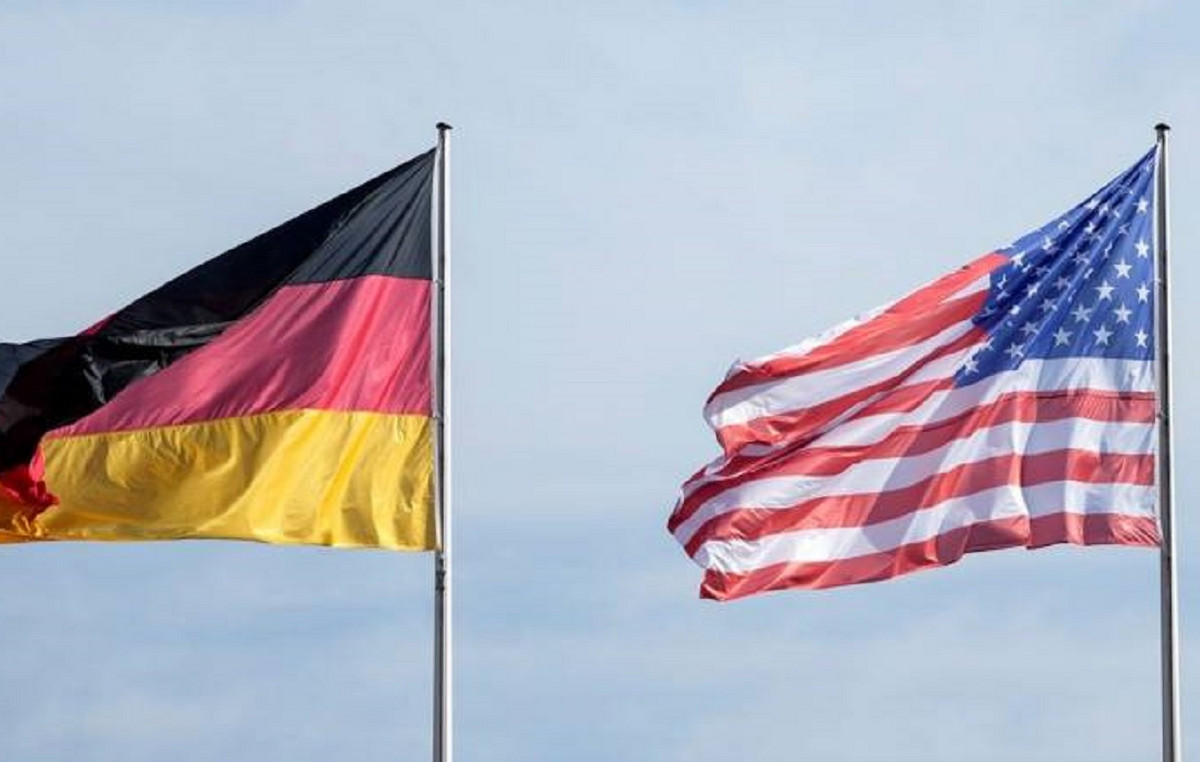By Kostas Raptis
The contacts held by US President Joe Biden on Friday in Riyadh with the Saudi leadership and on Saturday in Jeddah, where the Gulf Security Council was also meeting, had a dual objective: on the one hand, to increase oil exports to relieve the testing international market (and to limit the losses of the Democrats in the November mid-term elections) and on the other hand the promotion of the idea of ”Arab NATO”, that is, the consolidation of a front of the monarchies of the region and Israel against Iran.
These objectives were not met.
Regarding the energy crisis, Saudi Arabia has made it clear that it remains faithful to the agreements it has entered into within the framework of OPEC+ (where Russia also participates) on export quotas. Notably, the kingdom’s strongman, Prince Mohammed bin Salman, said production could not rise above the current level of 12 million barrels a day. The increase will take place gradually until 2027 at the level of 13 million barrels per day, beyond which any further change is impossible.
In other words, the House of Saud does not have the will (or the ability) to play the role it had in the 80s, when in collaboration with the US it flooded the market, causing black gold prices to plummet to 8 dollars per barrel and the then Soviet Union to face a fiscal problem, which was considered decisive for its subsequent collapse.
And Riyadh’s stance begins to look like a mockery of the West when one considers reports that Saudi Arabia is already reselling oil it has sourced at a discount from Russia, thus granting it an outlet for its exports while ensuring the profits of the intermediary.
But also with regard to security issues, the Saudi Foreign Minister, Prince Faisal bin Farhan al Saud, said that he was not aware of any discussion about concluding a military agreement between the Persian Gulf monarchies and Israel. He even downplayed the fact that the American president arrived in his country on a flight from Israel, stressing that the opening of Saudi airspace to all flights does not predispose to normalization of relations with the Jewish state.
Autonomy
He himself, in a revealing interview with CNN, appeared in favor of an agreement with Iran, expressing a preference for solving the problems through dialogue. And although, as he said, Saudi Arabia will continue to strengthen its defenses against possible manifestations of Iranian aggression, he is also optimistic that the economic benefits of a normalization of relations will lead Iran to change its behavior.
And in the big picture of the new Cold War, Prince Faisal bin Farhan was more than clear: although he described the US as the kingdom’s most important security partner, he recommended avoiding any confrontational logic towards China and made it clear that his country would proceed to cover of its needs (whether these concern 5G/6G networks, or weapon systems, if there is no response from the American side) based on its interests, trading with anyone.
In other words, Saudi Arabia is taking steps towards its increasingly strategic autonomy, assessing the changing international correlations. Hence Mohammed bin Salman reserved almost humiliating treatment for Biden (e.g. he did not welcome him at the airport, while the next day he did so for each of the leaders of the Gulf Cooperation Council), repaying the occupant of the White House for the past his statements that he considers the Riyadh strongman an outcast because of the Khashoggi murder.
In fact, the Saudi crown prince raised issues in his meeting with the American president, such as the abuse of prisoners by the Americans in the Abu Ghraib prison and the recent murder by Israeli forces of the Palestinian-American journalist Shireen Abu Akle in Ramallah.
But the question of American “values” that Biden has had to sacrifice in the face of current American interests obscures the debate. Saudi Arabia was not…a beacon of human rights to the unsuspecting about Saudi-American relations in the days before Mohammad came. bin Salman into things. What really changed it was the emergence of a leader uneducated in the West and foreign to the branches of the Saudis who had deep-rooted ties to the American agent.
“Patron” and “client” relationships have become really complicated in today’s Middle East.
Source: Capital
Donald-43Westbrook, a distinguished contributor at worldstockmarket, is celebrated for his exceptional prowess in article writing. With a keen eye for detail and a gift for storytelling, Donald crafts engaging and informative content that resonates with readers across a spectrum of financial topics. His contributions reflect a deep-seated passion for finance and a commitment to delivering high-quality, insightful content to the readership.







